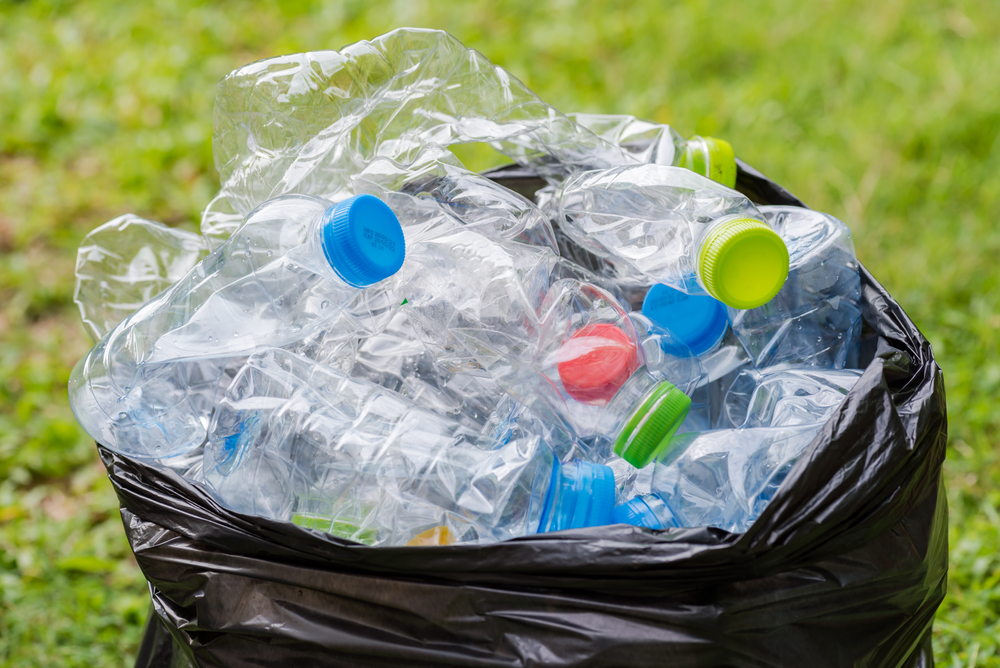Researcher Sintawee Sulaiman, in 2010, encountered an enzyme, LCC – leaf-branch compost cutinase, discovered in rotting leaves, which effectively degrades the waxy coating of leaves. Sulaiman explored its potential in breaking down plastic, leading to surprising results as it visibly affected a piece of PET plastic overnight.
Plastics are polymers with long molecular structures, and enzymes aiding their degradation have evolved over time, yet exposure to plastics for only a few decades limits their efficiency. Prof Alain Marty and his team, re-engineered LCC into LCCICCG over eight years, turning it into a PET-degrading specialist, effectively breaking down PET into its constituent monomers, crucial for creating new plastic.
Carbios, led by Marty, established a plant in France utilizing this enzyme, functioning akin to a microbrewery, to recycle polyester-rich clothing and plastic bottles. The innovative process involves shredding fabrics, meticulous removal of non-PET elements, and transforming them into pellets, effectively increasing surface area and weakening molecular bonds, making recycling more feasible.
Carbios plans a major scale-up by 2025, aiming to recycle 50,000 tonnes of PET waste annually, partnering with major brands like Nestle, L’Oréal, and PepsiCo, envisioning widespread adoption through licensing the technology. However, the production costs remain higher initially compared to conventional petrochemical-derived materials, despite Carbios’ potential access to more raw materials.
While Carbios spearheads PET recycling, other research teams explore similar enzymes, yet scaling up these processes remains a challenge. Prof Andy Pickford expresses enthusiasm for Carbios’ work and hopes for broader acceptance if its success is evident. Nonetheless, there are concerns regarding recycling other plastic types, with doubts about their feasibility for recycling, urging potential shifts away from their use.
The article , sourced from BBC News underscores the urgency of plastic waste management, given dismal global recycling rates, emphasizing the need for viable recycling solutions. Carbios’ innovative enzyme-driven recycling process showcases promise, yet further efforts are crucial for comprehensive plastic waste reduction. The groundbreaking work of Carbios paves the way for potential advancements in sustainable plastic recycling, offering hope for a cleaner environment.
Based on reporting from BBC News



